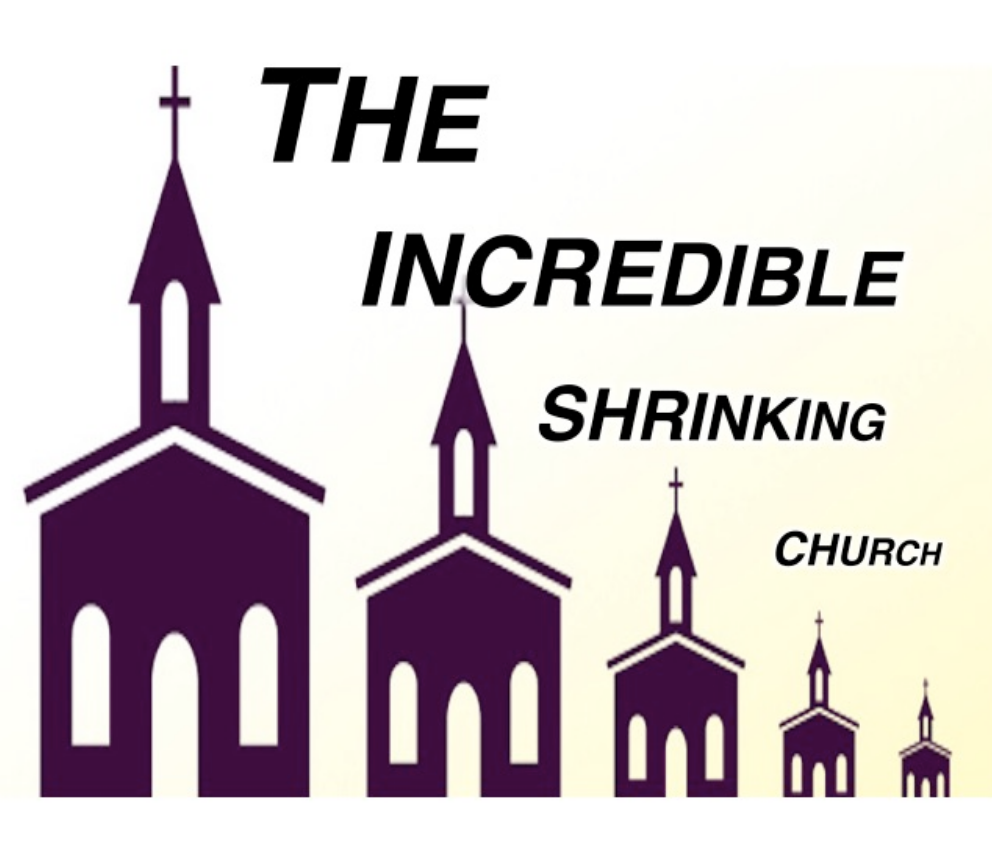There’s an old saying in the Sunbelt that goes like this: When Jesus makes his glorious return on the last day, He will still have to fly through Atlanta.
I will visit that giant airport myself, today, on my way home from speaking at a Poynter Institute conference — “Telling the Stories of Faith and the Faithful” here in Los Angeles. One day featured meetings with West Coast reporters, including many that don’t work the religion beat, and the second day focused on talks with a circle of faith-group leaders. There were great questions and lots of dialogue.
Thinking about the Atlanta airport reminded me of what I think was as highly symbolic encounter with the Rev. Charles Stanley, a pivotal Southern Baptist leader and preacher who died this week. See this Associated Press report: “Charles Stanley, influential Baptist preacher, dies at 90.”
The leader of First Baptist Church of Atlanta was elected SBC president in 1985 during what was, in my experience, one of the most intense, even angry, national conventions ever (and that’s saying something) during the near life-and-death Southern Baptist civil war of that era.
To get to that meeting in Kansas City, working for The Charlotte Observer, I had to (#DUH) change planes in Atlanta. I ended up on the same plane with Stanley, who was rumored to be a candidate for SBC president. He was in First Class, obviously, and I was not, obviously. After we had been airborne for an hour or so, I walked up front to give Stanley my card and to request an interview before the election.
Seeing that he was reading a document, I confess that I looked it over before I alerted him to my presence at his right shoulder.
Trust me — I wish I had a photographic memory. Why? Because he was reading a professional set of public-relations guidelines describing (#WaitForIt) how to deal with journalists after his election as SBC president.








